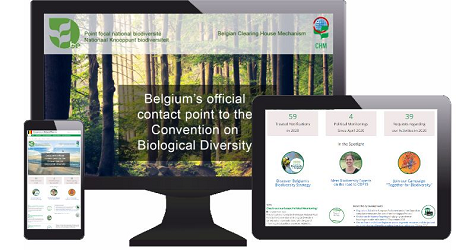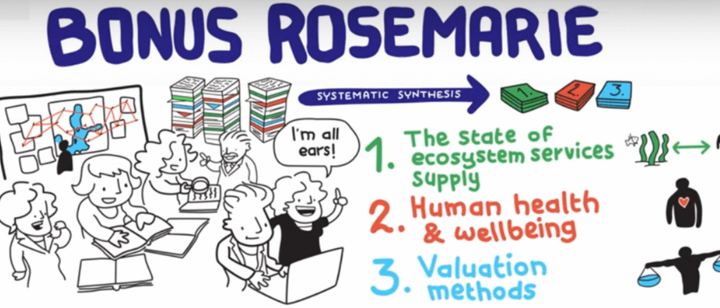The Special Issue on “Multifunctional Agroecosystems in Mediterranean Landscapes” in the journal Land is now open for submission. The SI focuses on the assessment of agroecosystem services and associated benefits, identification of trade-offs and synergies arising from the management of agroecosystems, and the assessment of the impact of local and landscape factors on agroecosystems and co-benefits to biodiversity and people. Interested authors are invited to contribute to these themes and to evaluate how the management of Mediterranean landscapes impacts on the multifunctionality of agroecosystems.
Click here for more information.



